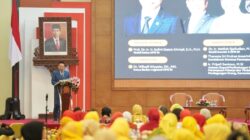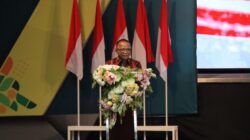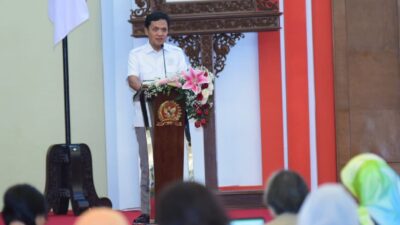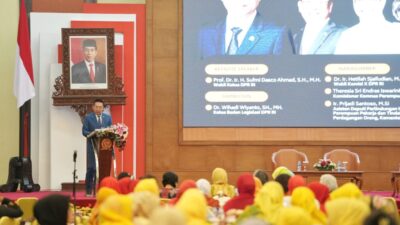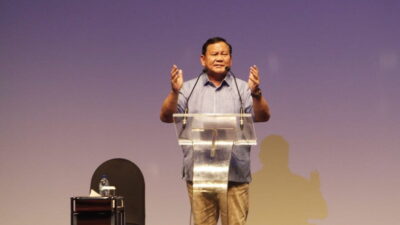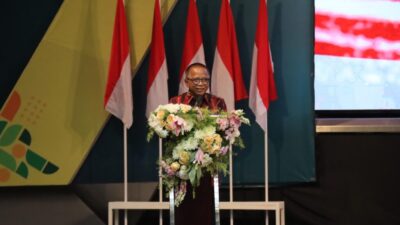Indonesia, as a country blessed with abundant natural resources, has been heavily reliant on fossil fuels for its energy needs. However, with growing concerns about climate change and the need to transition towards cleaner and more sustainable energy sources, the issue of energy transition has become a hot topic among various industries in the country.
In recent years, the world has witnessed a surge in renewable energy investments and the development of new technologies to harness clean energy sources. This global shift towards renewable energy has put pressure on countries, including Indonesia, to reevaluate their energy policies and consider alternative sources of energy.
The volatile state of the world, with the COVID-19 pandemic disrupting economies and the escalating climate crisis, has further accelerated the urgency for energy transition. The Indonesian government has recognized the need to diversify its energy mix and reduce its dependence on fossil fuels. In its long-term plan, the government aims to increase the share of renewable energy in the country’s energy mix to 23% by 2025 and 31% by 2050.
The transition towards cleaner energy sources is not without its challenges. One of the key obstacles is the high cost of renewable energy infrastructure and technology. Many industries in Indonesia, especially those heavily reliant on fossil fuels, are concerned about the financial implications of transitioning to clean energy. Some fear that the shift could result in job losses, reduced competitiveness, and increased production costs.
To address these concerns, the Indonesian government has been implementing various policies and incentives to encourage the private sector to invest in renewable energy projects. These include tax breaks, feed-in tariffs, and subsidies. The government is also actively promoting public-private partnerships to drive investments in clean energy infrastructure.
The response from industries in Indonesia to the energy transition has been mixed. While some industries are embracing the change and actively exploring renewable energy options, others remain hesitant due to the uncertainties surrounding the transition.
Indonesia’s coal industry, which is one of the pillars of the country’s economy, is particularly apprehensive about the energy transition. The industry fears that a rapid shift towards renewable energy could negatively impact coal demand and result in significant job losses. Therefore, the coal industry is calling for a balanced approach to the energy transition, where fossil fuels continue to play a role alongside renewable energy sources.
On the other hand, industries such as the manufacturing and automotive sectors are viewing the energy transition as an opportunity for growth and innovation. These industries are exploring the use of electric vehicles, energy-efficient technologies, and green manufacturing practices to align with sustainability goals and meet the increasing demand for greener products.
Overall, the discussion around energy transition in Indonesia is complex and multifaceted. It involves addressing the environmental, social, and economic challenges associated with shifting from fossil fuels to renewable energy sources. Finding a balance between maintaining industrial competitiveness, creating new job opportunities, and ensuring long-term environmental sustainability will be crucial for a successful energy transition in the country.
While industries in Indonesia may have differing opinions on the pace and scale of the energy transition, it is clear that the shift towards renewable energy is inevitable. The global momentum towards a greener and more sustainable future, coupled with Indonesia’s commitment under the Paris Agreement, means that industries in the country will eventually have to adapt and embrace the transition.
In conclusion, the energy transition in Indonesia is a complex and challenging process. However, it is also an opportunity for industries in the country to innovate, diversify, and contribute to a more sustainable future. A balanced approach, with collaboration between the government and private sector, is essential to navigate the challenges and ensure a successful transition towards cleaner energy sources.


